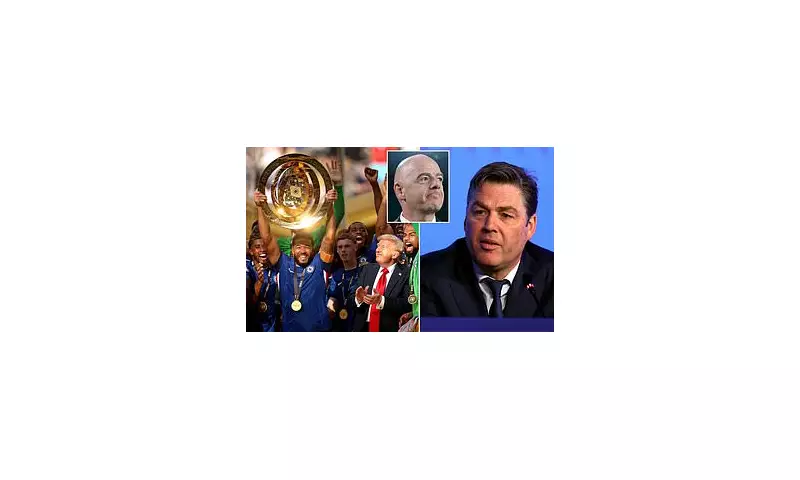
Premier League chief executive Richard Masters has launched a scathing attack on FIFA, accusing football's global governing body of failing to properly consult with English clubs over plans for an expanded Club World Cup.
In a strongly-worded statement, Masters claimed the Premier League and its clubs had been left in the dark about crucial details surrounding the controversial new tournament format set to launch in 2025.
Player Welfare Concerns Ignored
The outspoken criticism comes amid growing concerns about the impact of FIFA's expanded 32-team competition on player welfare and an already congested football calendar.
'There appears to be no meaningful consultation with the leagues who provide the players for these competitions,' Masters stated. 'We have reached a tipping point where the interests of players are being ignored.'
Scheduling Headaches Loom
The new format threatens to create major scheduling conflicts for Premier League clubs, with the tournament expected to take place during the traditional European summer break.
Football authorities fear the expanded competition could:
- Increase risk of player injuries and burnout
- Disrupt pre-season preparations
- Reduce recovery time between seasons
Masters' intervention highlights growing tensions between domestic leagues and international football bodies over control of the global calendar.
FIFA's Controversial Expansion
The revamped Club World Cup forms part of FIFA president Gianni Infantino's vision to grow the global game, but critics argue it prioritises commercial interests over sporting considerations.
The Premier League's public criticism follows similar concerns raised by other major European leagues and player unions about the lack of transparency in FIFA's decision-making process.
With the first expanded tournament just two years away, the standoff between domestic competitions and international governing bodies shows no signs of resolution.





